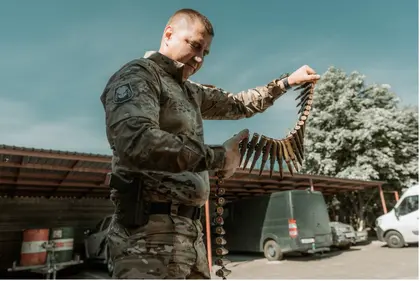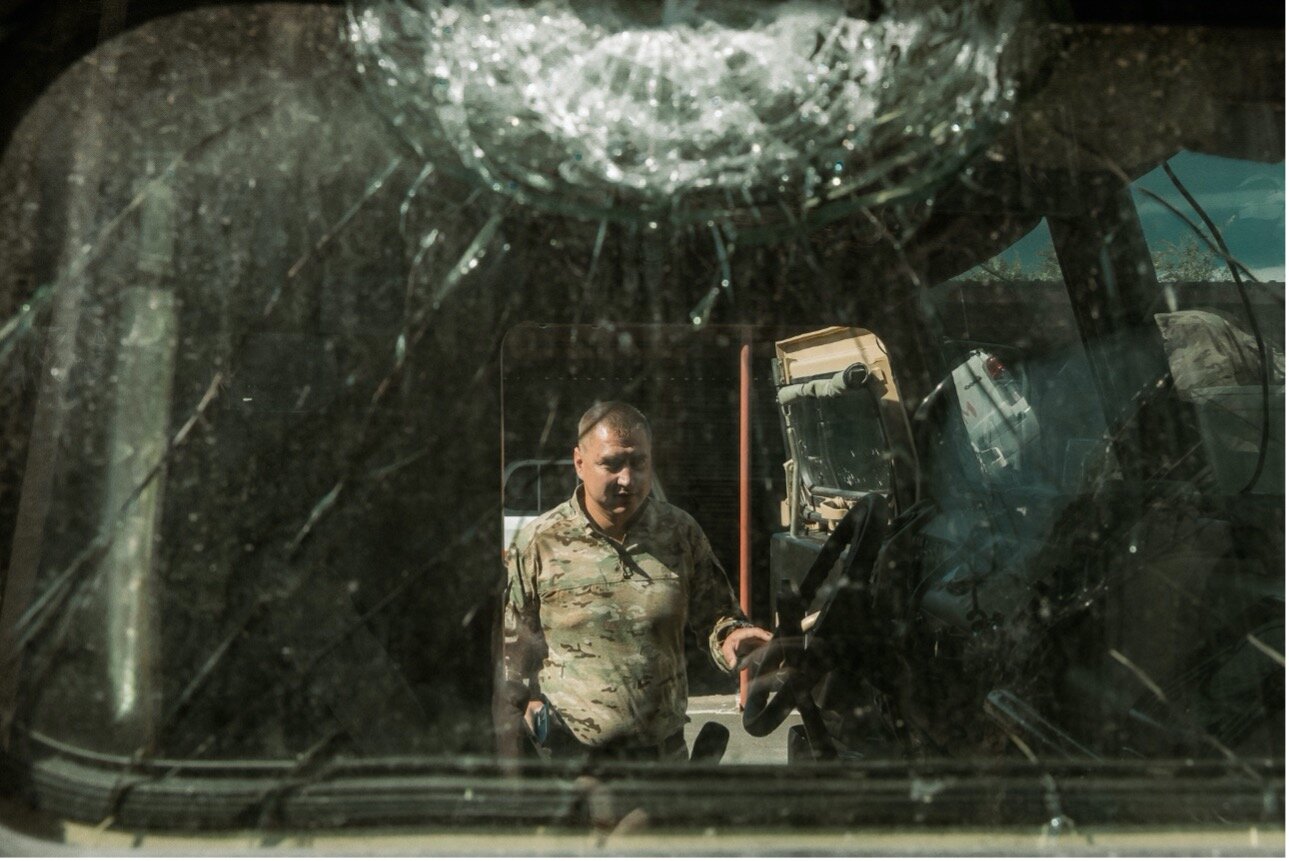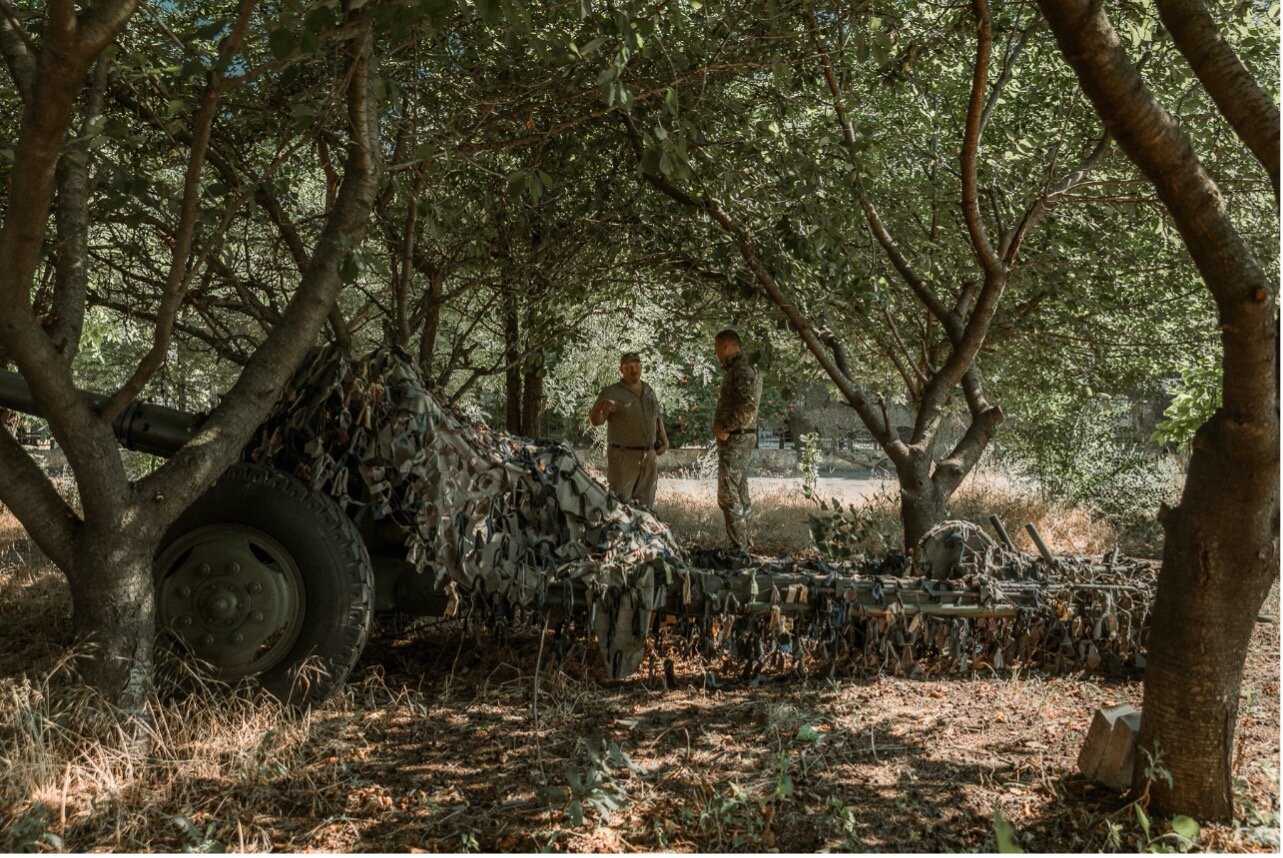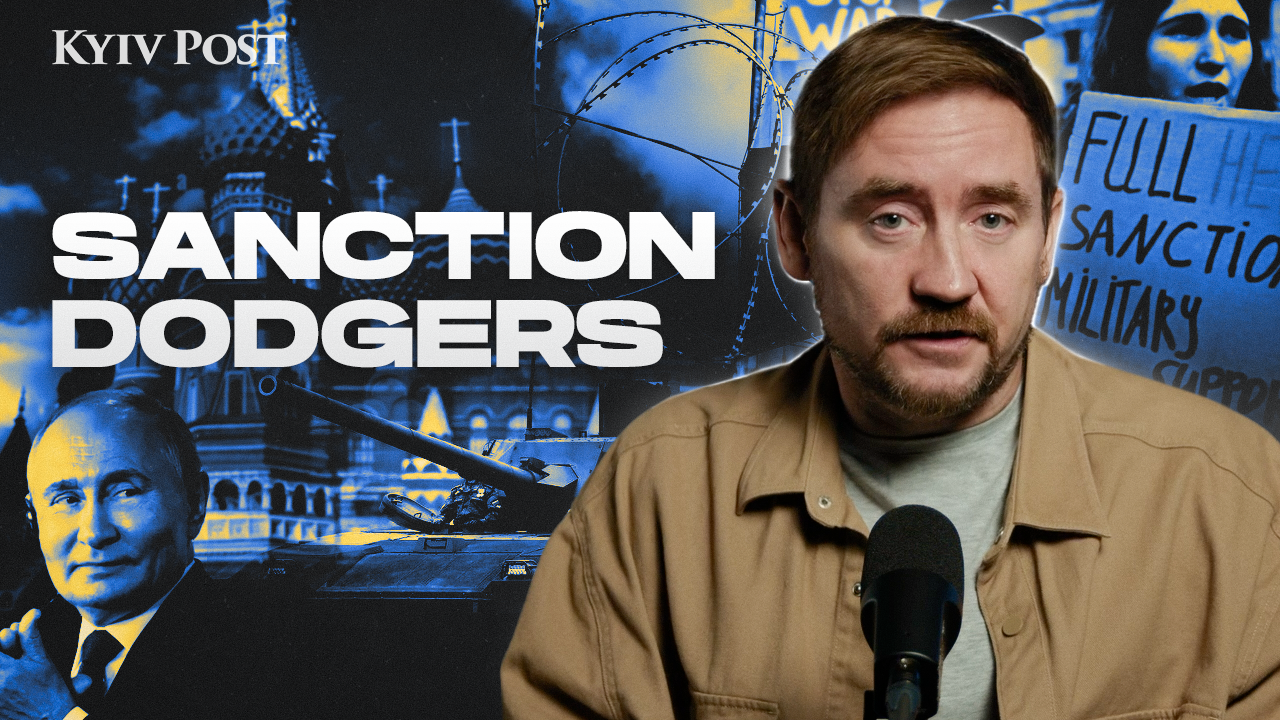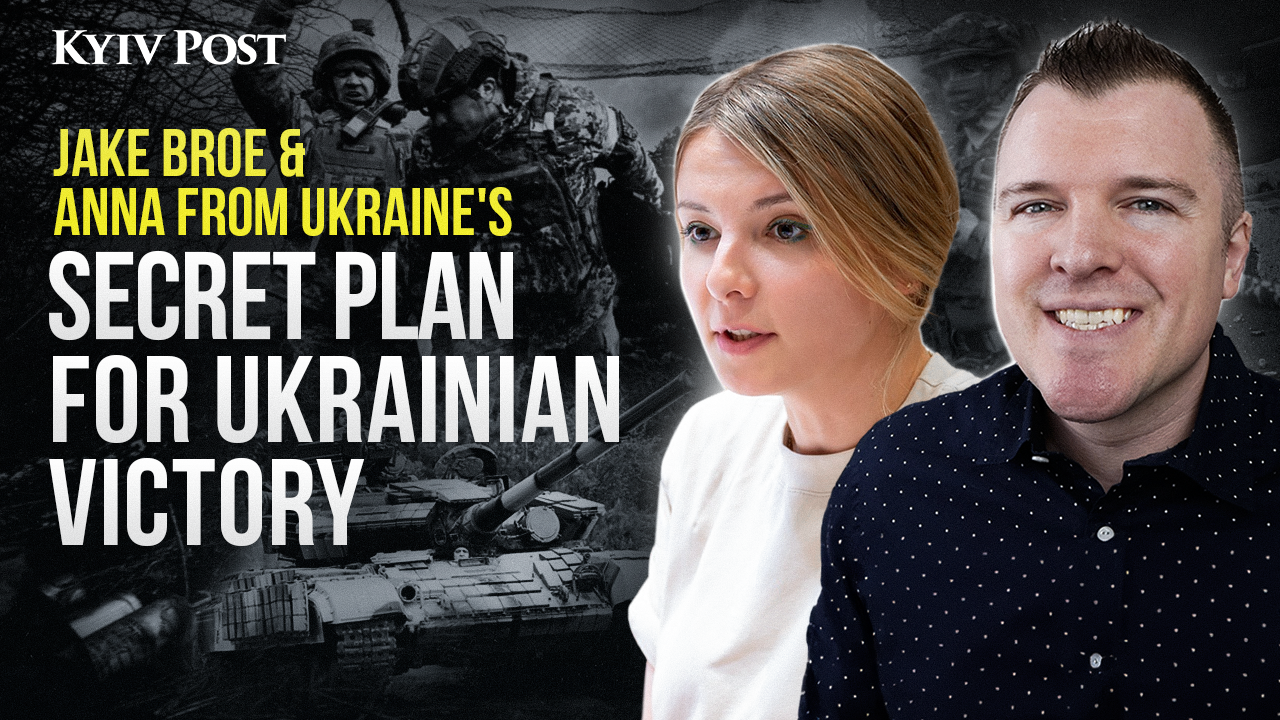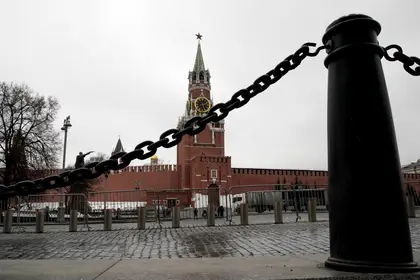Police officers all over the world have to deal with motorists violating the rules of the road. In Ukraine’s southern port city of Mykolaiv, in the early days of Russia’s full-scale invasion, Ukrainian Patrol Police officers were confronted with an atypical threat to public safety: Russian Federation (RF) tanks and armored personnel carriers bearing down on the city airport.
Vitaly Danila, commander of the Mykolaiv Patrol Police, was the man on the spot. According to his account, on the second day of the war the Interior Ministry telephoned and warned him about a unit of Russian special forces “Spetsnaz” infantry riding in BTR armored personnel carriers and backed by tanks were headed his city’s direction.
Maps and planning papers captured from the Russians subsequently showed Moscow’s plan was to use speed and surprise to grab Mykolaiv’s International Airport. If the coup came off, the Kremlin could then send in planeloads of regular infantry and combat vehicles, and take over a city of a half a million residents and the heart of Ukraine’s shipbuilding industry.
The Ukrainian army, for reasons still suppressed by the national government, had deployed practically no defenses against such a raid. That was why Danila, as the city police chief, got the emergency task of coming up with a way to stop the Russians.
He recalls this experience in an interview with Kyiv Post.
The new generation
A Mykolaiv native and appointed to the job in 2018, Danila already had a reputation as one of Ukraine’s younger, new generation police officers, with the day-to-day job of not just enforcing the law but convincing the Ukrainian public that the Patrol Police were a modern organization serving the citizens, obeying the rules and not taking bribes.
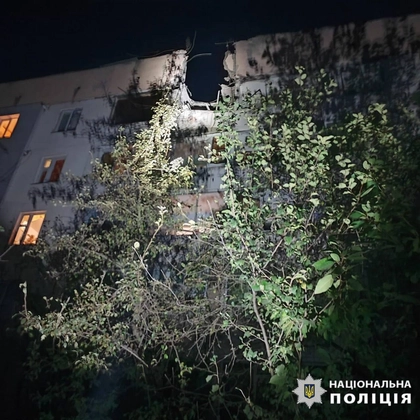
Kyiv Hit by Massive Drone Attack as Russian Strikes Target Multiple Ukrainian Cities
In 2019, Danila’s rule-of-law leadership style made national headlines. Mykolaiv police officers detained a group of men wearing camouflage uniforms and purportedly carrying Kalashnikovs and seemingly attempting to break into the city power station. But by the time the police held the suspects, no weapons were to be found.
Danila ordered the detainees – widely described as a proper Russian sabotage group – to be released pending a court hearing. The decision triggered a firestorm of criticism, arguing that Danila and the Patrol Police were soft on crime.
In testimony in a special city council hearing, Danila pointed out the law is the law: a trespasser voluntarily leaving a banned location on a first violation may not be arrested, but only cited and released.
The Mykolaiv Patrol Police is an organization of around 800 members, but not all, Danila said, were the right type of person, due to age, lack of training, family etc., to order to go and fight the Russian army. Danila’s solution was to ask for volunteers. Also, as he explains, in a few cases he approached subordinates with good fitness and shooting skills, and convinced them that they should help in the police attempt to stop the Russians.
Facing the invaders
The first exchanges of fire, as Danila and other police officers describe, took place between the Russian troopers and armored vehicles and tanks, and a group of about 50 Mykolaiv police officers armed with various brands of Kalashnikov rifles. Some, but not all of them, had some form of ballistic armor, a couple of armored anti-riot vehicles, and “a few” Soviet-era RPG-7 rocket launchers.
Facing a proper Russian army armored column, the Mykolaiv police were grossly outmatched. However, they were all veteran street cops, so as a group they knew every side road, ditch and building in the area. Also, to their advantage, the Russians seemed not to be expecting resistance.
The first ambushes made the Russians more careful. Meanwhile the police, using anti-armor rockets dropped by the Russian soldiers, knocked out or burned the RF tanks and BTR infantry assault vehicles. Danila said dozens of RF special forces troopers died in the fighting. A few escaped but there were no prisoners. Mykolaiv held.
Three months later, veterans of that fight are still policing Mykolaiv. Actually, the officers say, there’s less crime these days, because martial law keeps a good percentage of law-breakers inside during dark, and because in wartime, public order in a city like Mykolaiv is secured not just by Patrol Police, but military police, the national guard, and security units from other agencies. More than 100 Patrol Police officers normally stationed in nearby RF-occupied Kherson, now operate in Mykolaiv.
Break ins, pickpocketing, robbery, black marketing, controlled substance trading and drunk and disorderly citations are all way down on pre-war levels. Mykolaiv motorists are speeding less and obeying traffic signs more, although several officers believe this is probably due more to fuel shortages than to drivers’ greater respect for the law.
Denys Federenko, a member of the Mykolaiv special tactics team, tells the Kyiv Post that even instances of family disturbances and public drunkenness have fallen. He credits the drop to a greater public awareness of the police presence, and wider acceptance of day-to-day difficulties that in peacetime might spark domestic violence.
Reduced everyday crime does not mean less work – after all the war is still on. Mykolaiv Patrol Police checkpoints respond to missile and artillery strikes, escort road convoys moving military equipment, and sometimes execute door-knock raids on residences and commercial structures suspected of containing RF collaborators.
Danila says that war or no war, in Mykolaiv, the Patrol Police may enter a citizen’s home only with a judge’s warrant, or with clear probable cause of a serious threat to the public. The same rules, Danila says, apply to a wire-tap: even with Russian troops less than 30 kilometers away, and artillery shells hitting Mykolaiv regularly, the police need a court order to break into the apartment of a person thought to be giving the Russians information about potential targets.
“That’s how this division of the Patrol Police works – by the book,” he says.
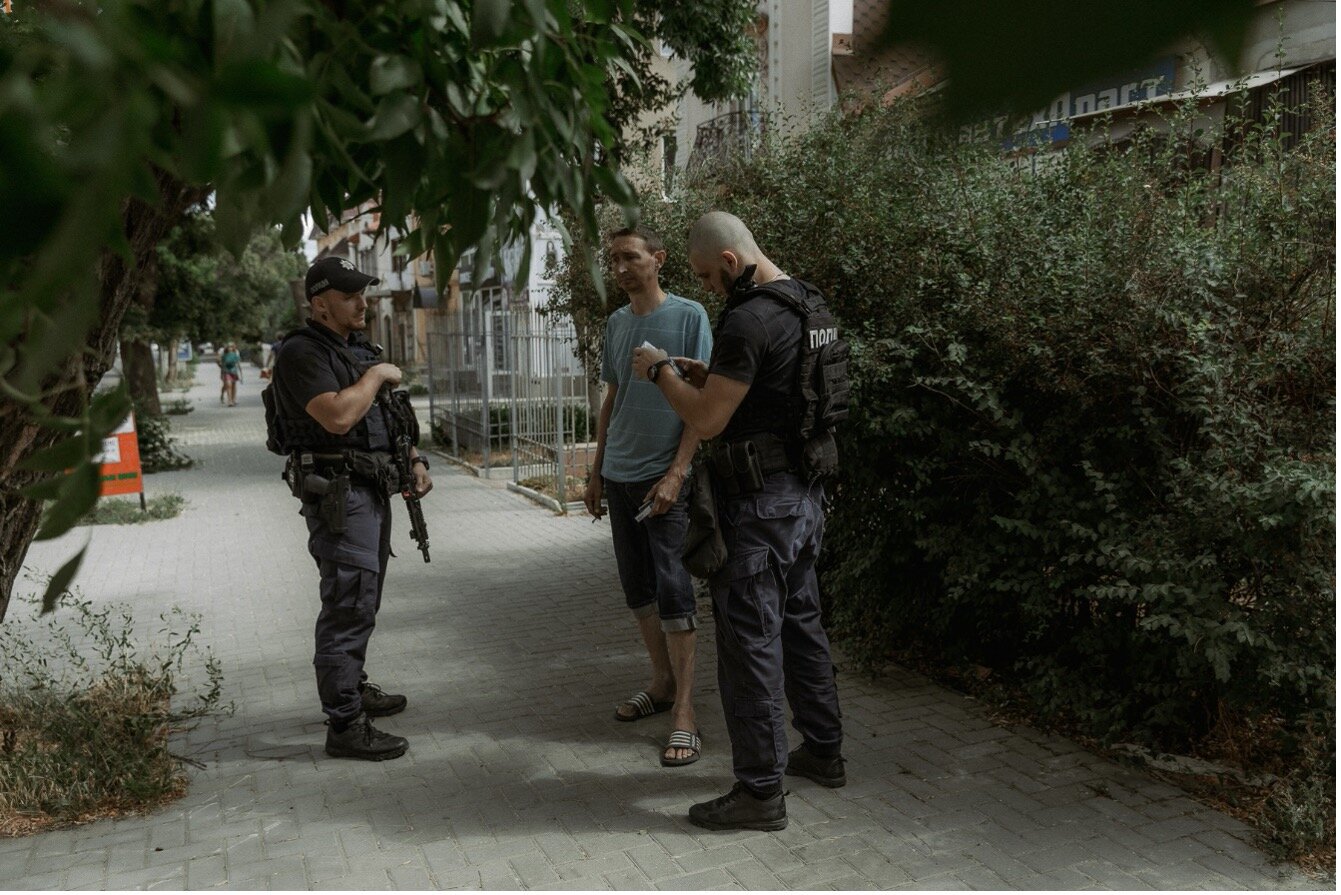
VitalyNote: The police officer identified as Denys Federenko requested that the Kyiv Post use a pseudonym to protect his personal security.
You can also highlight the text and press Ctrl + Enter


